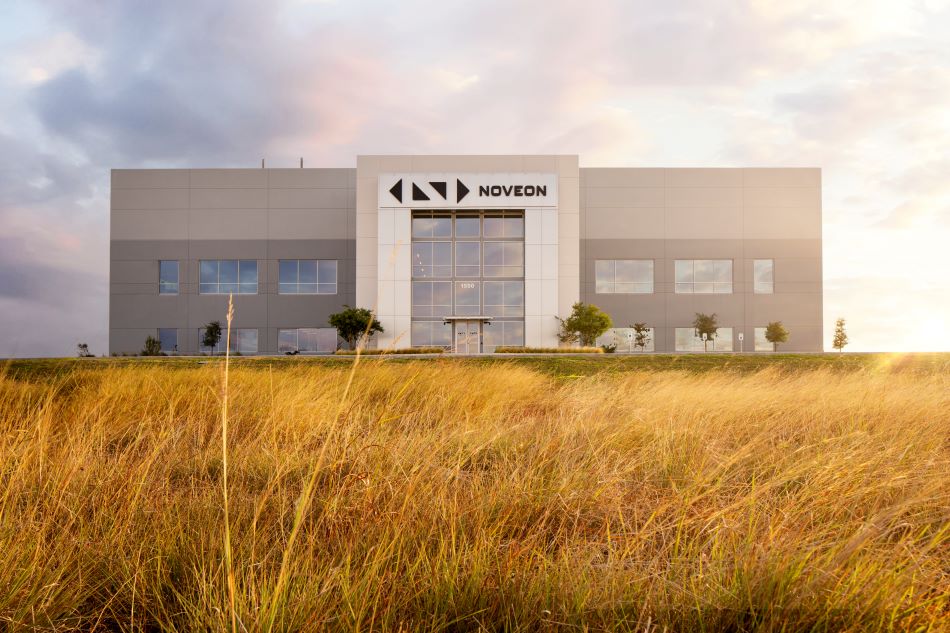
Noveon’s rare earth magnet recycling was of interest to readers last month. | Courtesy of Noveon
Our readers were drawn to stories about pricing for both used equipment and commodities last month, along with coverage of metals-recovery companies.
E-Scrap News magazine is the premier trade journal for electronics recycling and refurbishment experts. It offers updates on the latest equipment and technology, details trends in electronics recycling legislation, highlights the work of innovative processors, and covers all the other critical industry news.
Sign up for our free weekly e-newsletters to receive the latest news directly.

Noveon’s rare earth magnet recycling was of interest to readers last month. | Courtesy of Noveon
Our readers were drawn to stories about pricing for both used equipment and commodities last month, along with coverage of metals-recovery companies.
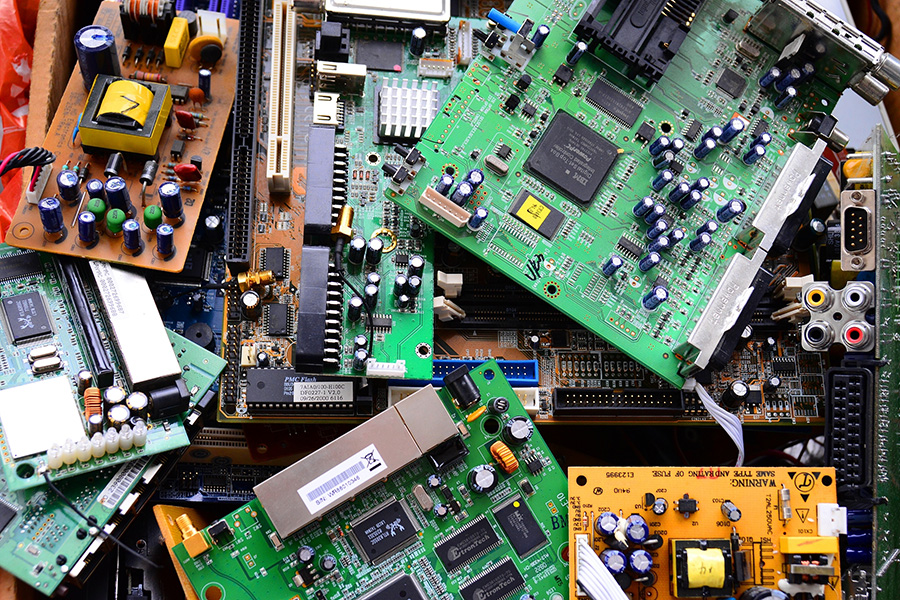
Excir’s award is part of an overall sum of over $25 million Canadian dollars granted by the federal Jobs and Growth Fund to 15 Calgary-area businesses. | Bokstaz/Shutterstock
First appearing on a reality TV show, then signing with the British Royal Mint, Canadian e-scrap startup Excir is now continuing its growth with a federal investment of nearly $1.9 million for a demonstration plant.
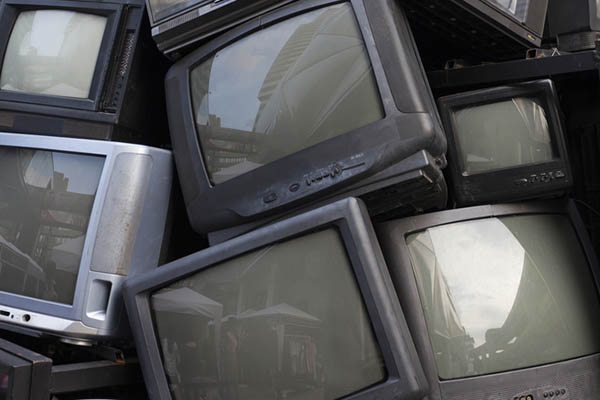
E-Cycle Washington reported a 13% drop in electronics collected, following several years of decline. | Somchai-Som/Shutterstock
The total and per capita weight of scrap electronics collected in Washington state continued to decline last year. Continue Reading

Certification and standardized grading can bring much-needed transparency to the refurbished device market, according to the CEO of Phonecheck. | Daniel-Krason/Shutterstock
I used to run a business that acquired and sold pre-owned mobile devices. It was a great model – we could buy less-than-perfect phones and other devices inexpensively, and with a little effort and elbow grease, sell them for a bit more.
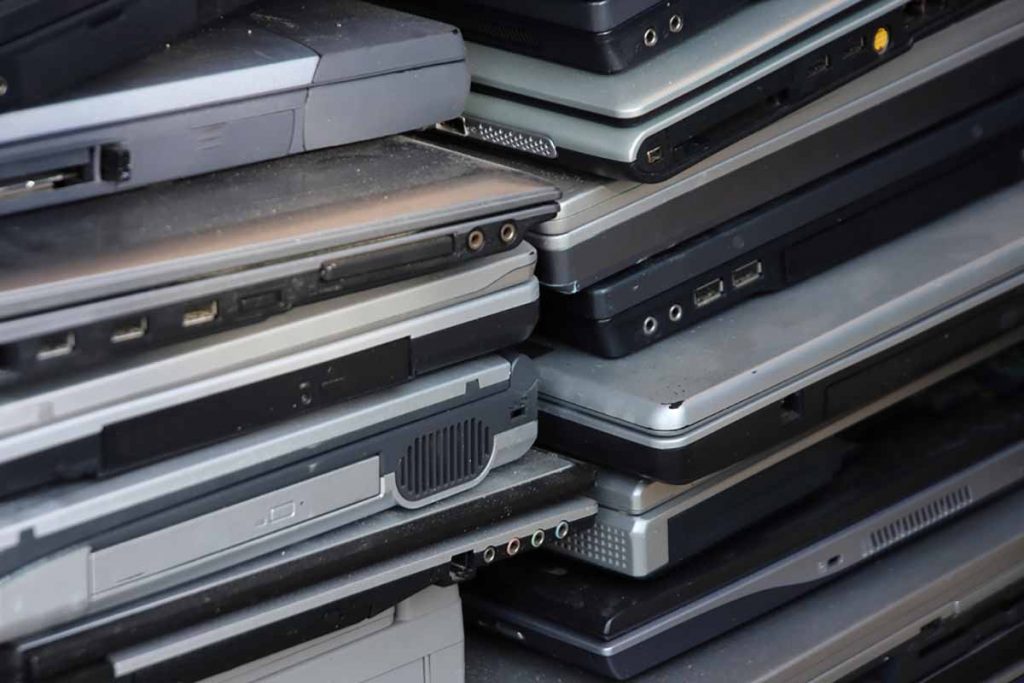
Anticipation of a global recession, along with increased inflation and higher interest rates, are behind the low PC shipment numbers. | MMilda/Shutterstock
Research and consulting firm Gartner cited economic uncertainty as the reason behind a drop in worldwide PC shipments in the fourth quarter of 2022 and the year overall.

A law will allow certified, nonprofit refurbishing companies to directly obtain, refurbish and distribute surplus government computers to veterans and others in need. | Dmitry-A/Shutterstock
A new law allows the federal government to provide surplus and repairable used computers directly to nonprofit refurbishers, who will then provide them to individuals in need.
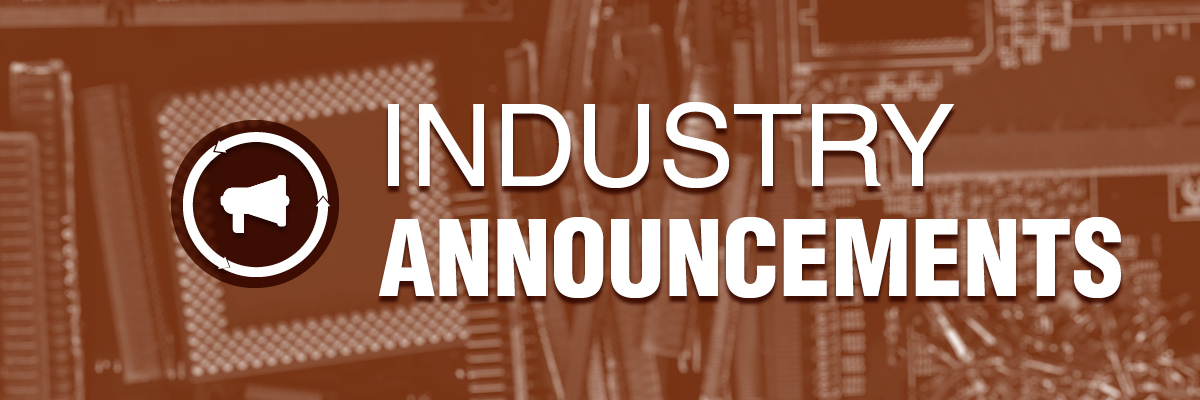
The following are facilities that have achieved, renewed or otherwise regained R2 certification recently:
3C Environmental Solutions of Carrollton, Texas; AHS Device Hong Kong of Hong Kong, China; CJD E-Cycling of Edwardsville, Ill.; Etronics Worldwide of Manalapan, N.J.; First America Metal Corporation (dba First America and FAMCe) of Morris, Ill.; HVF West of Tucson, Ariz.; Novetta Wireless of Farmers Branch, Texas; PCs for People locations in Denver and St. Paul, Minn.; Se-cure Waste Management of Singapore; STSS Recycling locations in Avondale, Ariz., and Richmond, Va.; Taehyung C&T Corporation at Hyangnam of Gyeonggi-do, South Korea; and Witech Comm of Hong Kong, China.
After completing successful audits, the organizations listed below achieved one or more of these NAID AAA certifications: physical destruction of hard drives, physical destruction of solid state devices, over-writing or degaussing of physical hard drives, over-writing of solid state devices.
A-1 Freeman Records Management/Paper Pig Shredding of Wichita Falls, Texas; Computer Systems Asset Disposal of Rochester, N.Y.; DataSafe of Tualatin, Ore.; Greenway Shredding & Recycling of Louisville, Ky.; Ohio Mobile Shredding of Columbus, Ohio; Paper Tiger Document Solutions of Gurnee, Ill.; Pure Data Services in Wyandotte, Mich.; Shred-X Secure Destruction locations in the Australia cities of Derwent Park, Tasmania, East Arm, Northern Territory, Fyshwick, Australian Capital Territory; Idalia, Queensland, Laverton North, Victoria, Welshpool, Western Australia, Wetherill Park, New South Wales, Wingfield, South Australia, and Yatala, Queensland; Wasteco-Dixie Recycling Centre of Mississauga, Ontario; and XpresShred of Centennial, Colo.
Visit our archive to view previous editions of the scorecard.

As CRT cleanup litigation reaches a conclusion in Ohio, a similar legal battle is ramping up in Arizona. | Courtesy of EnSafe
An $11.2 million cleanup, $9.6 million property sale and $1 million “orphan share” – those were just a few key figures to emerge as the years-long legal battle over Closed Loop’s massive stockpile concludes.
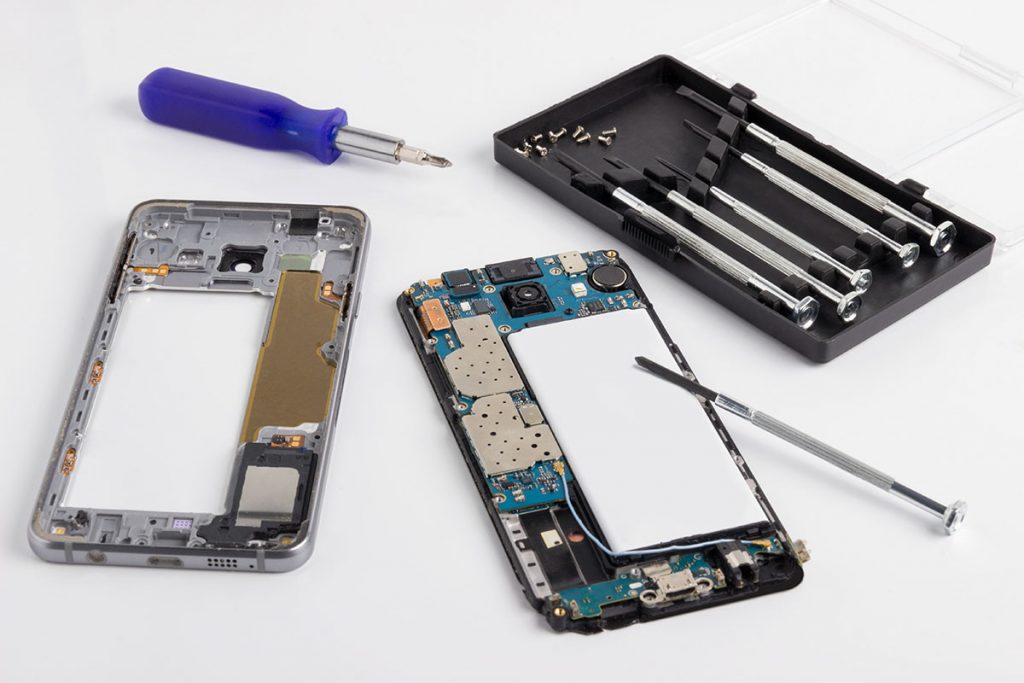
Oregon’s proposed bill would mandate access to schematics, tools and parts at a fair and reasonable cost and cover any household product – from computers to appliances – that contains digital components. | Alexey Kabanov/Shutterstock
Supporters of the right to repair consumer electronics are hoping that the third time’s the charm in Oregon.

